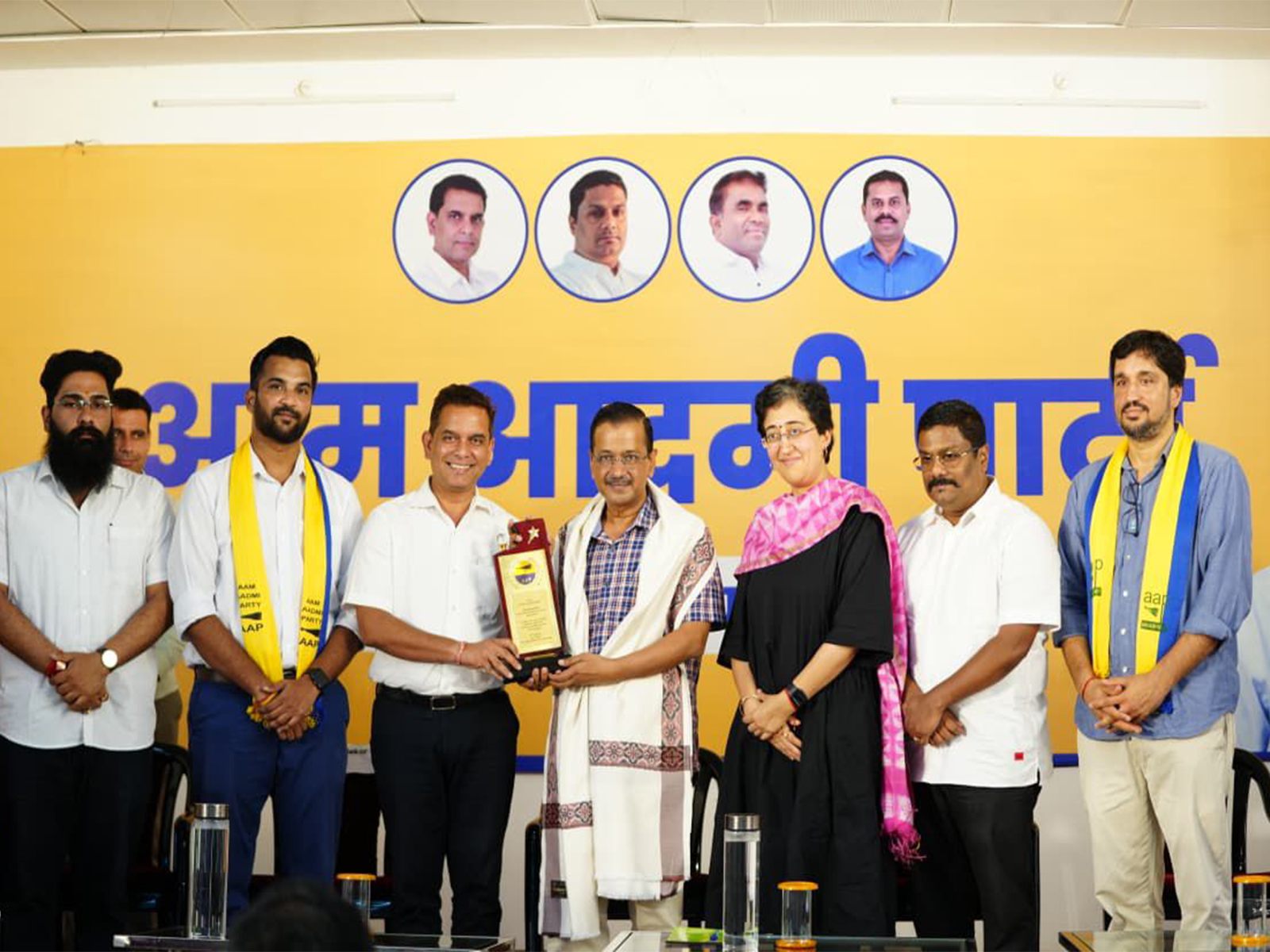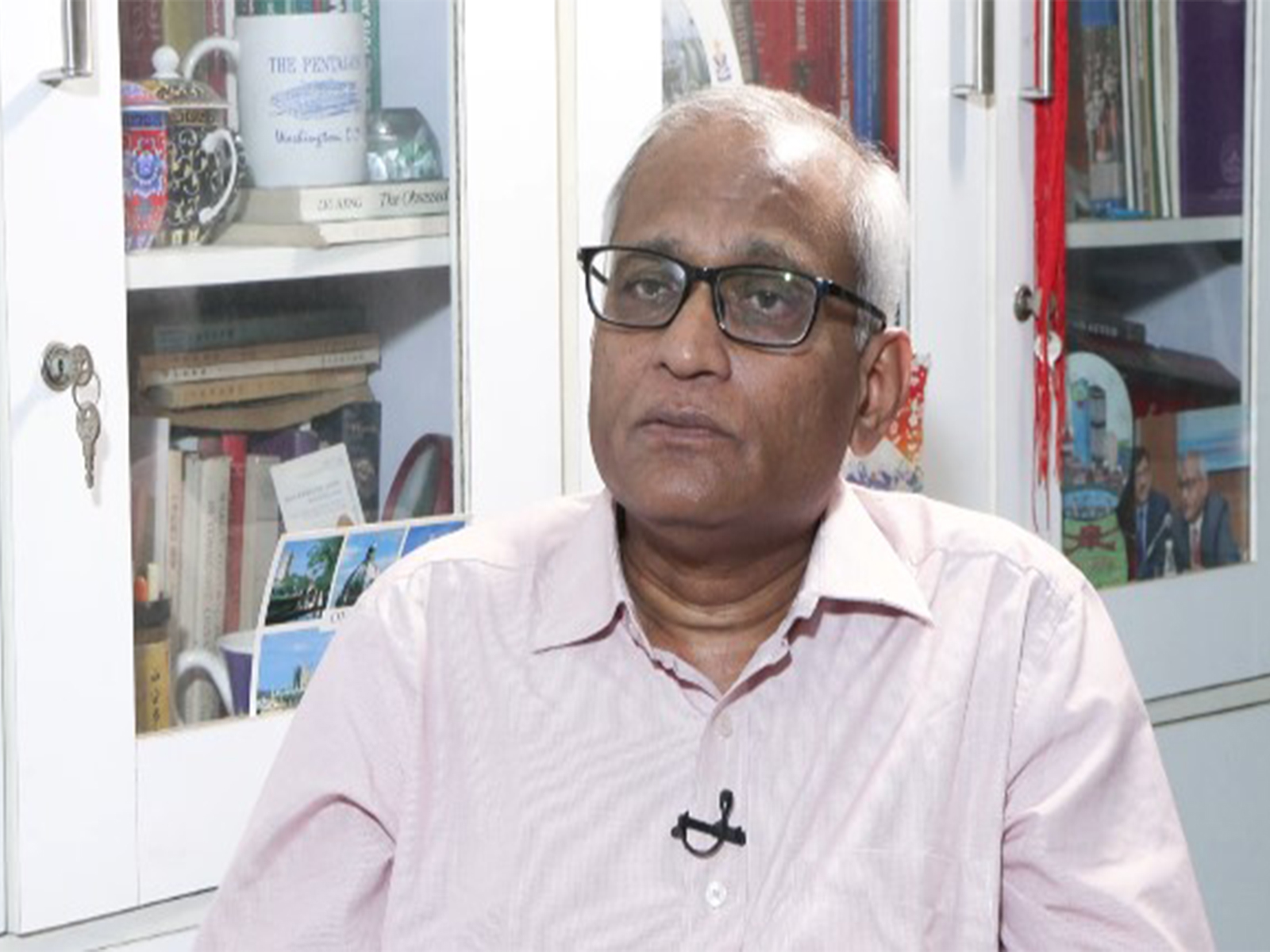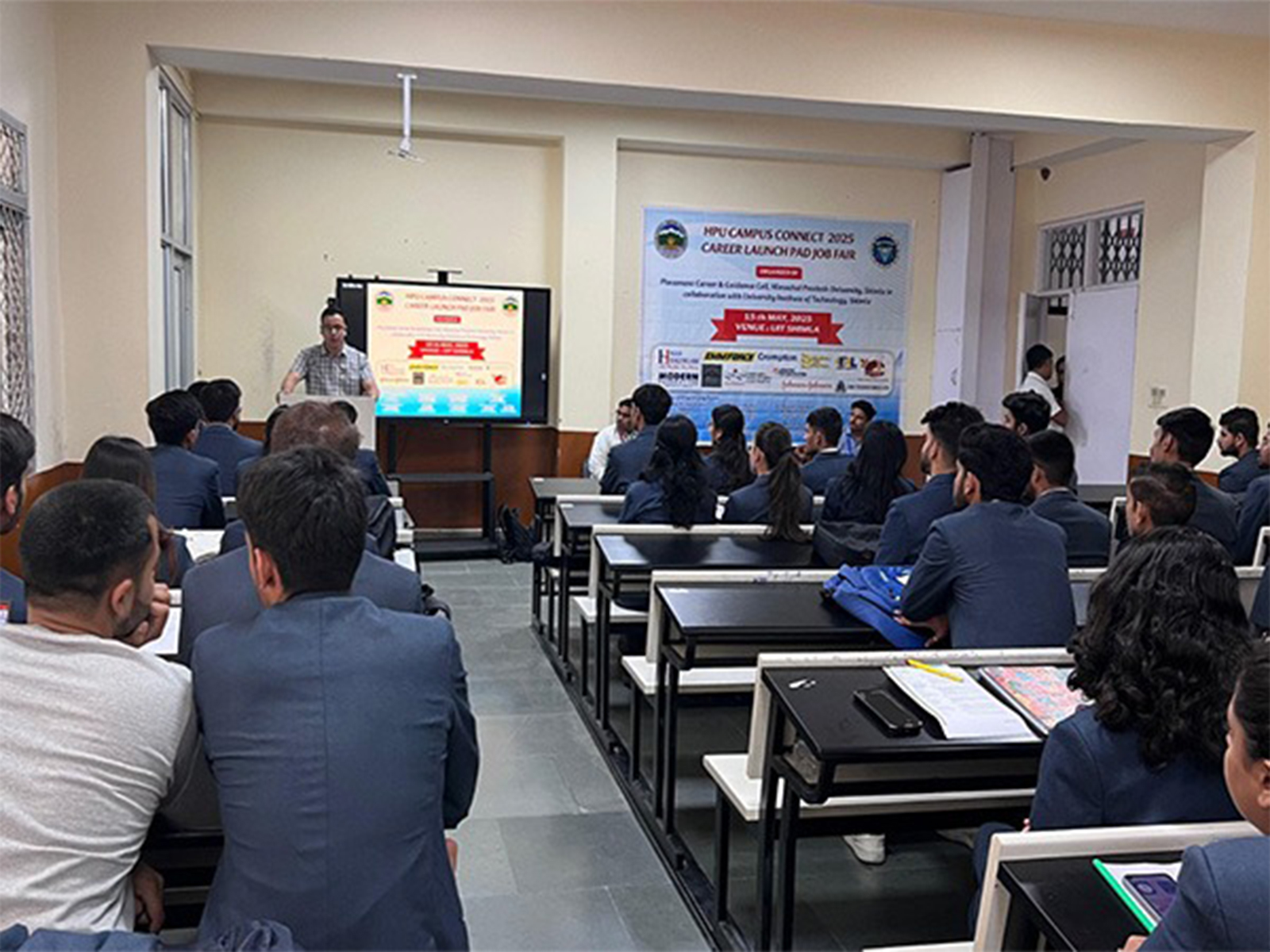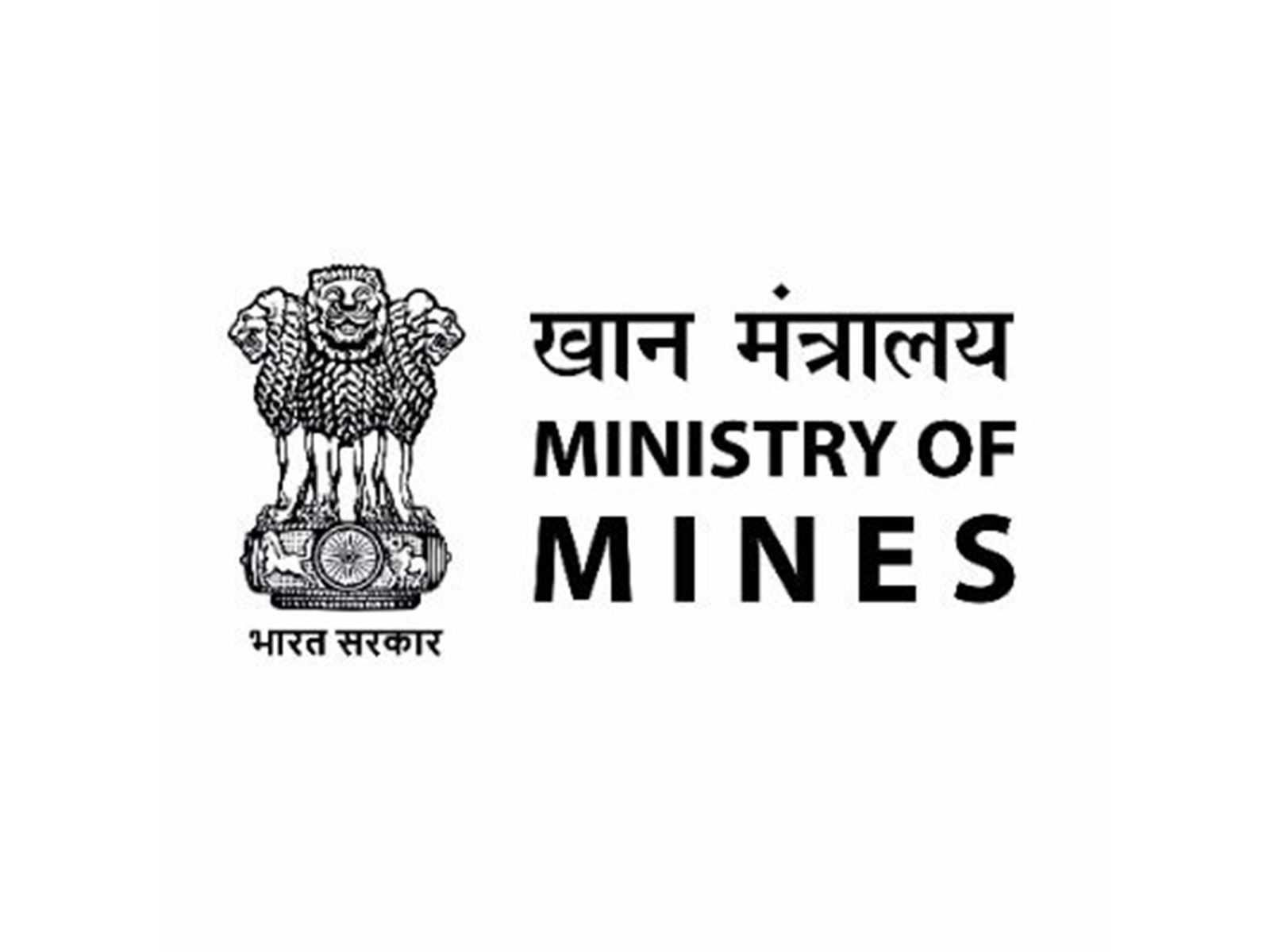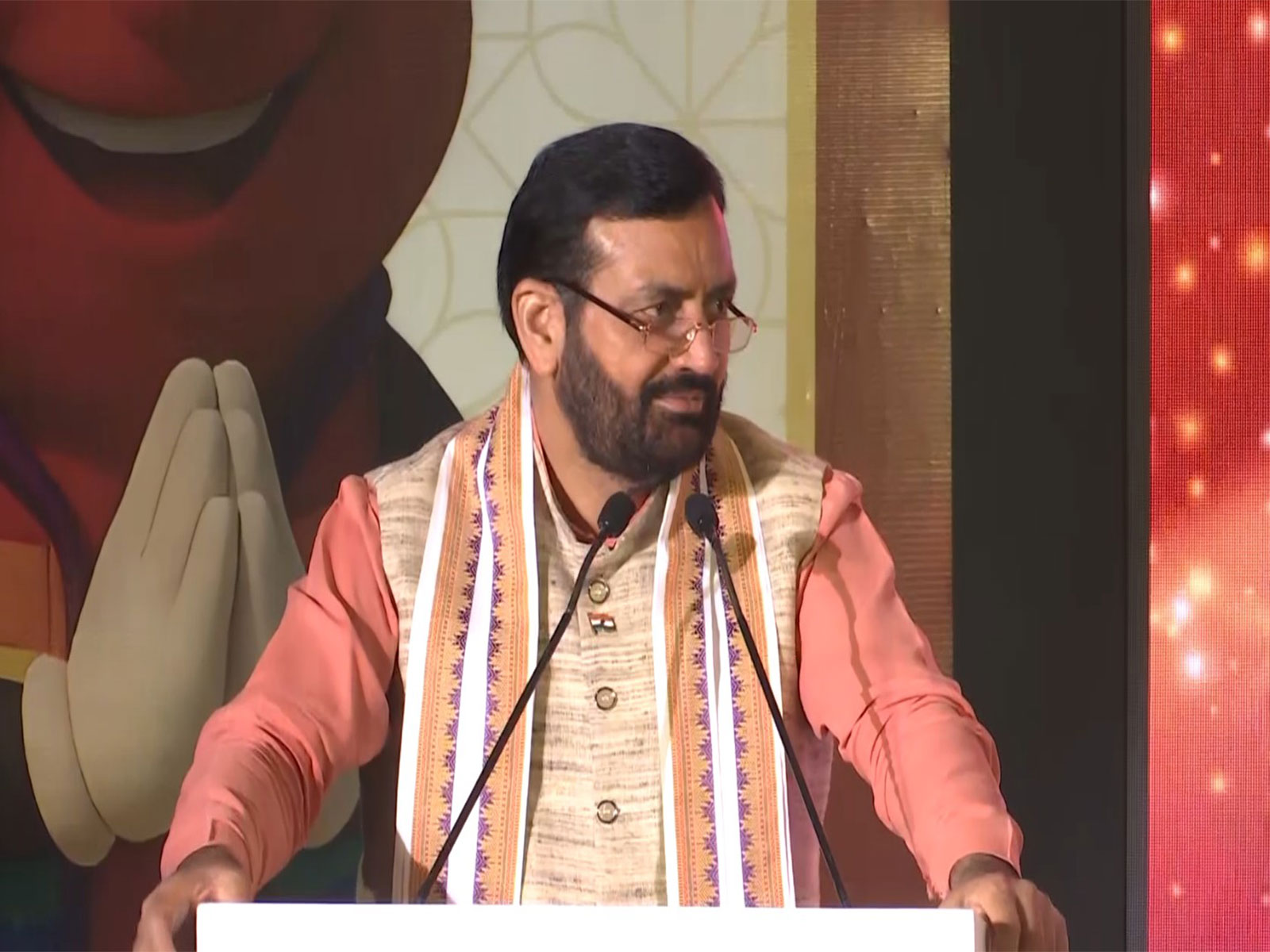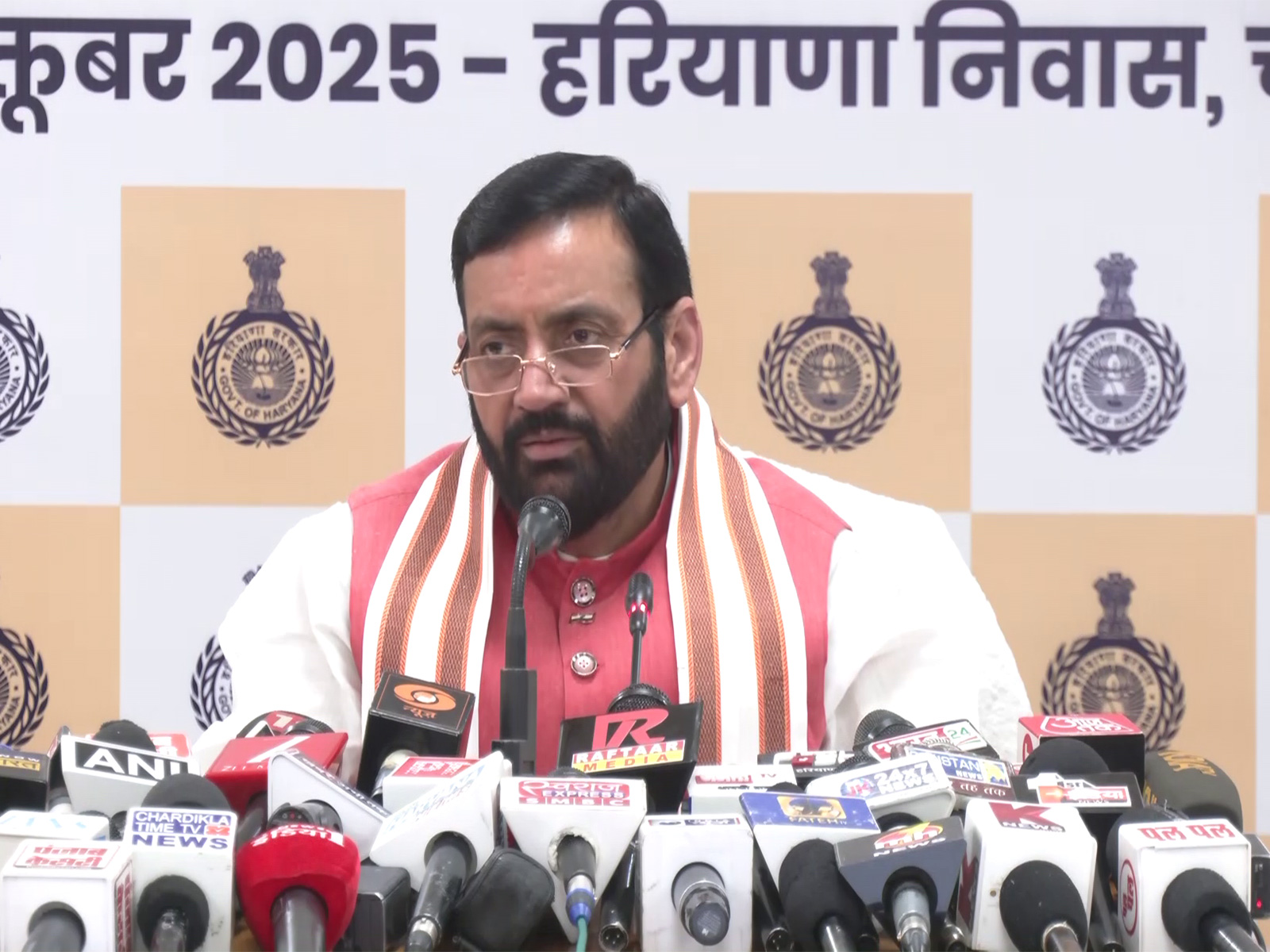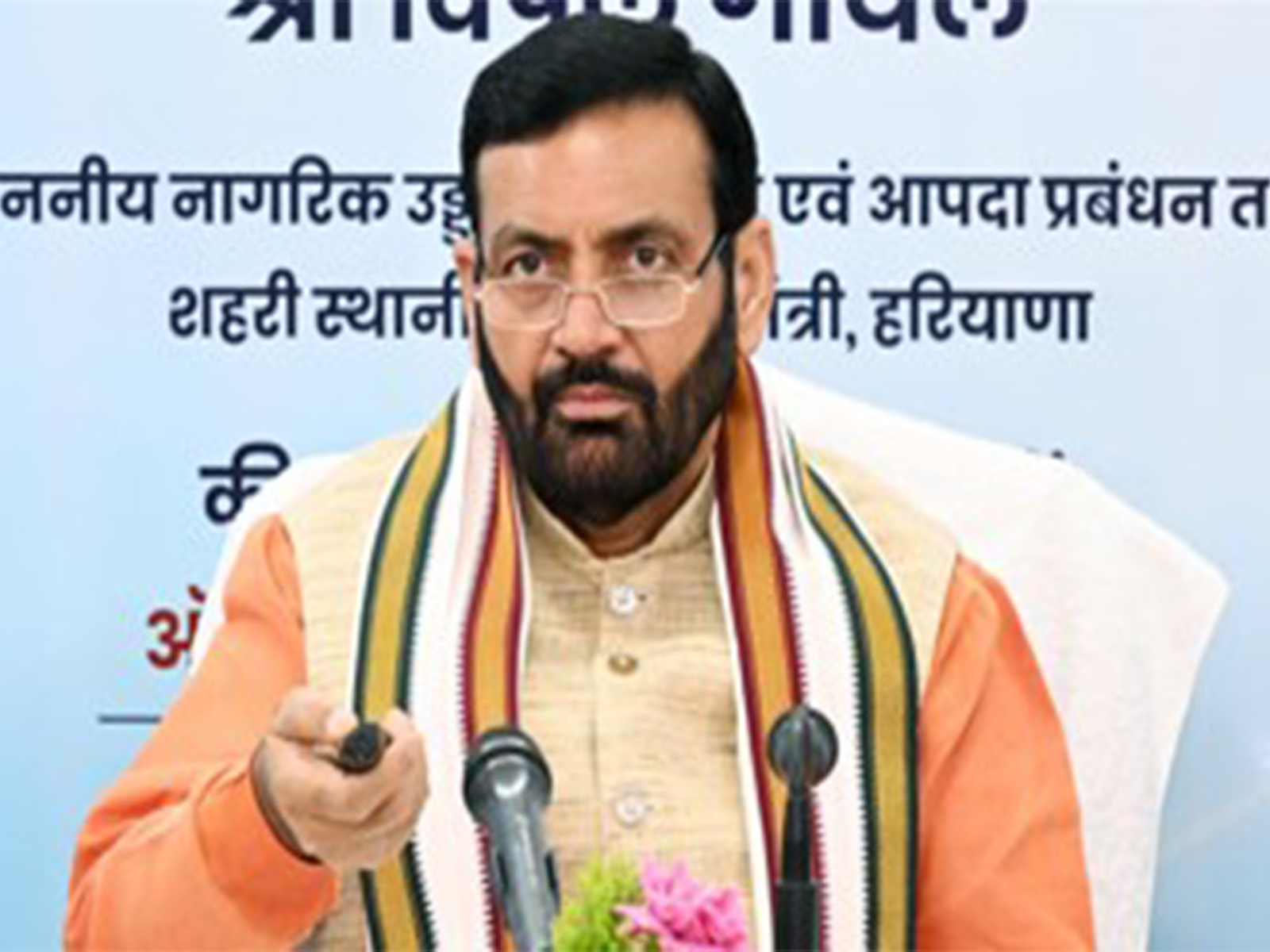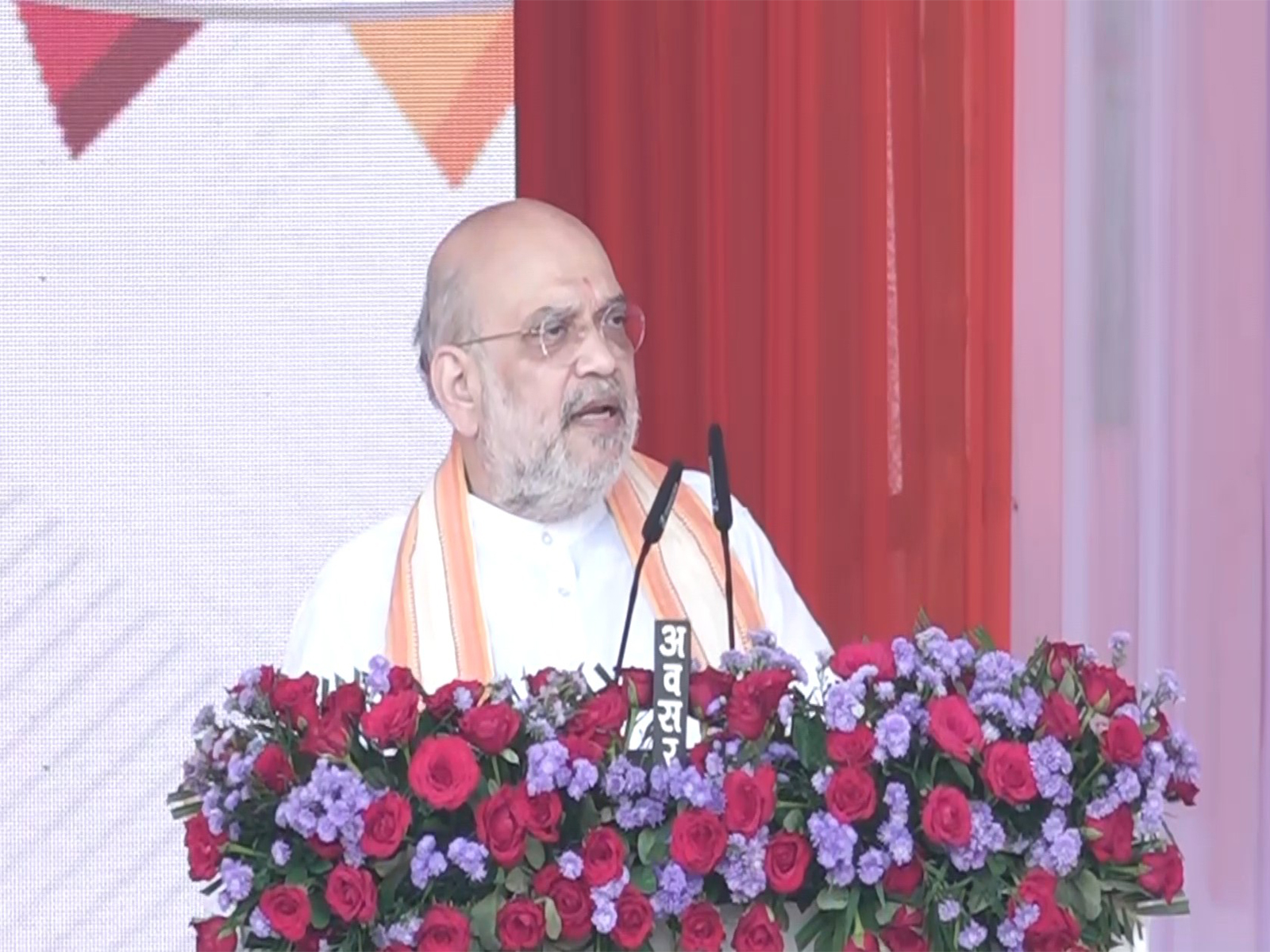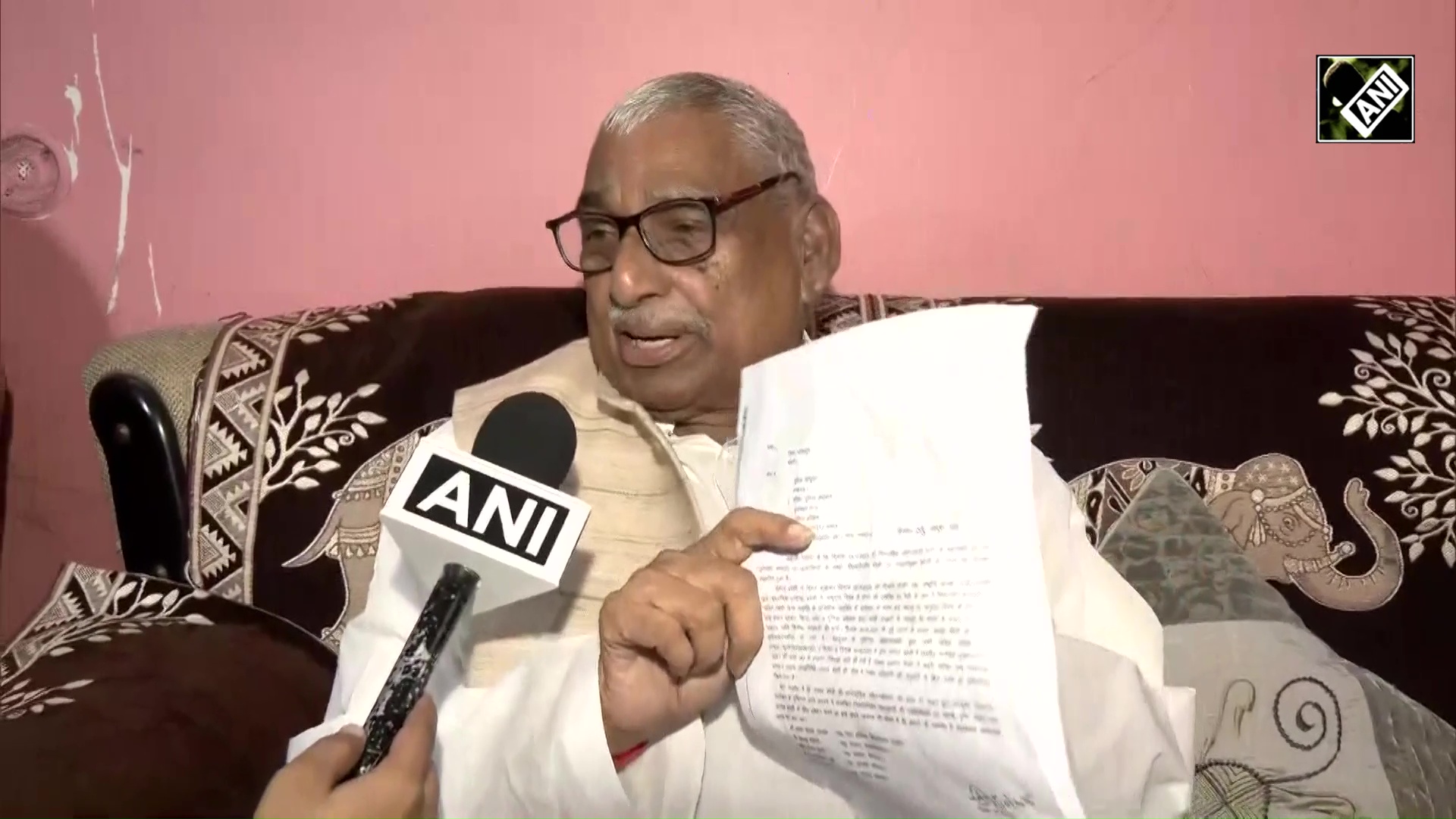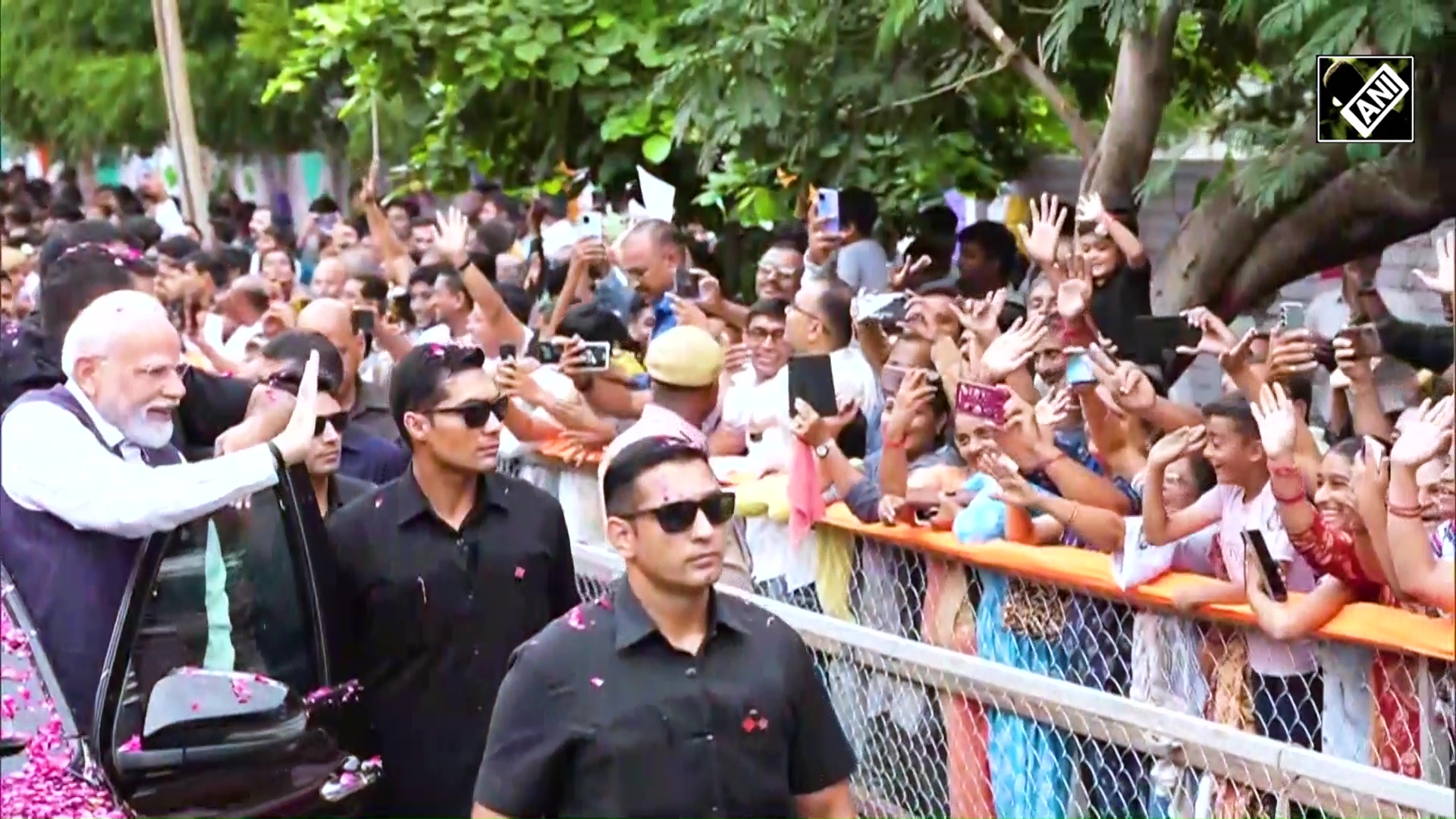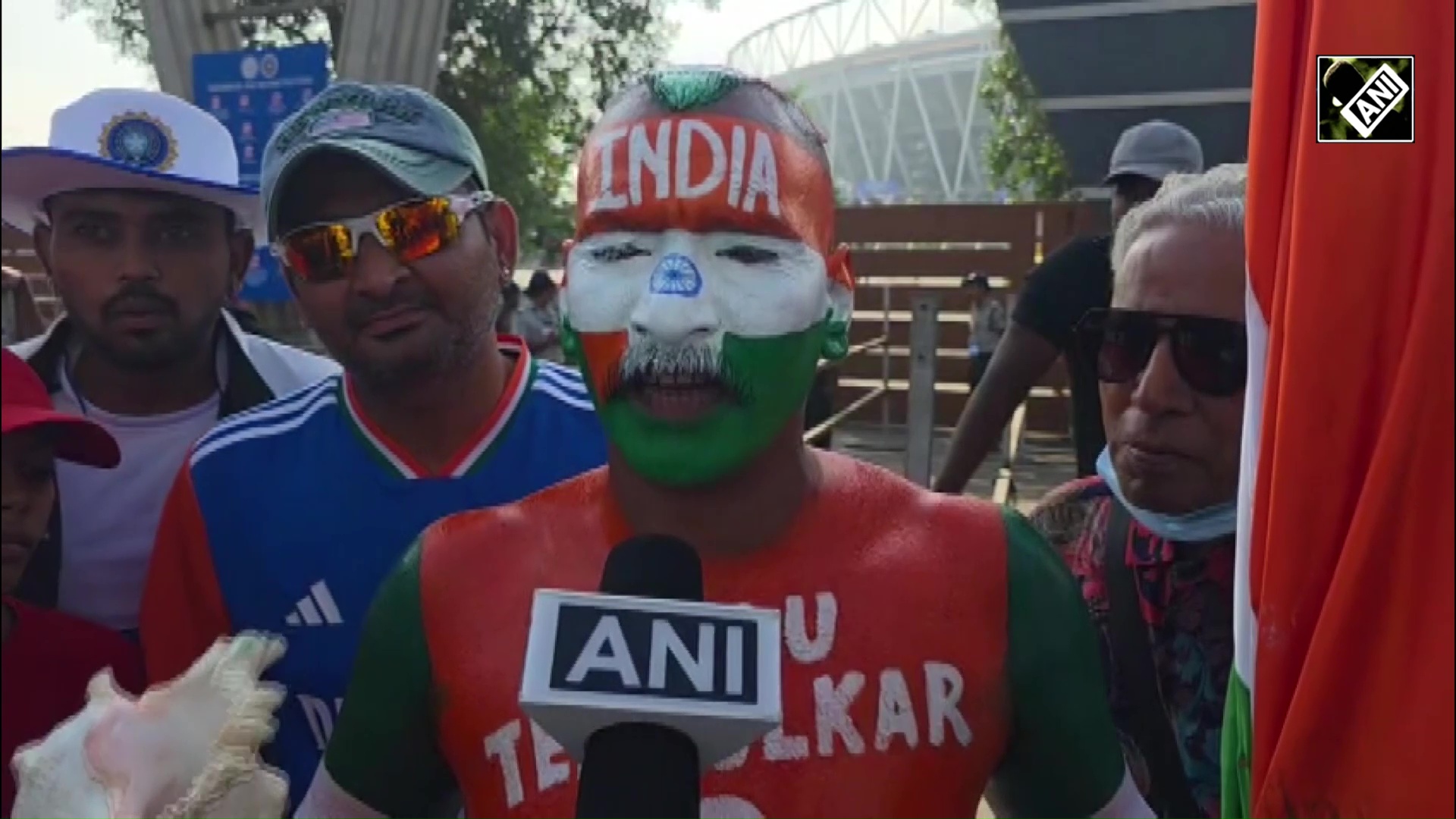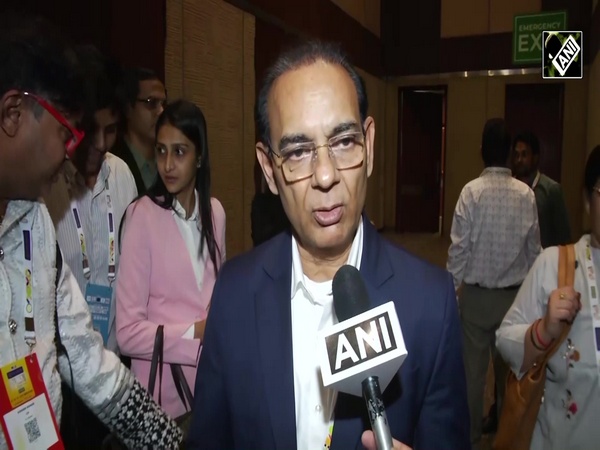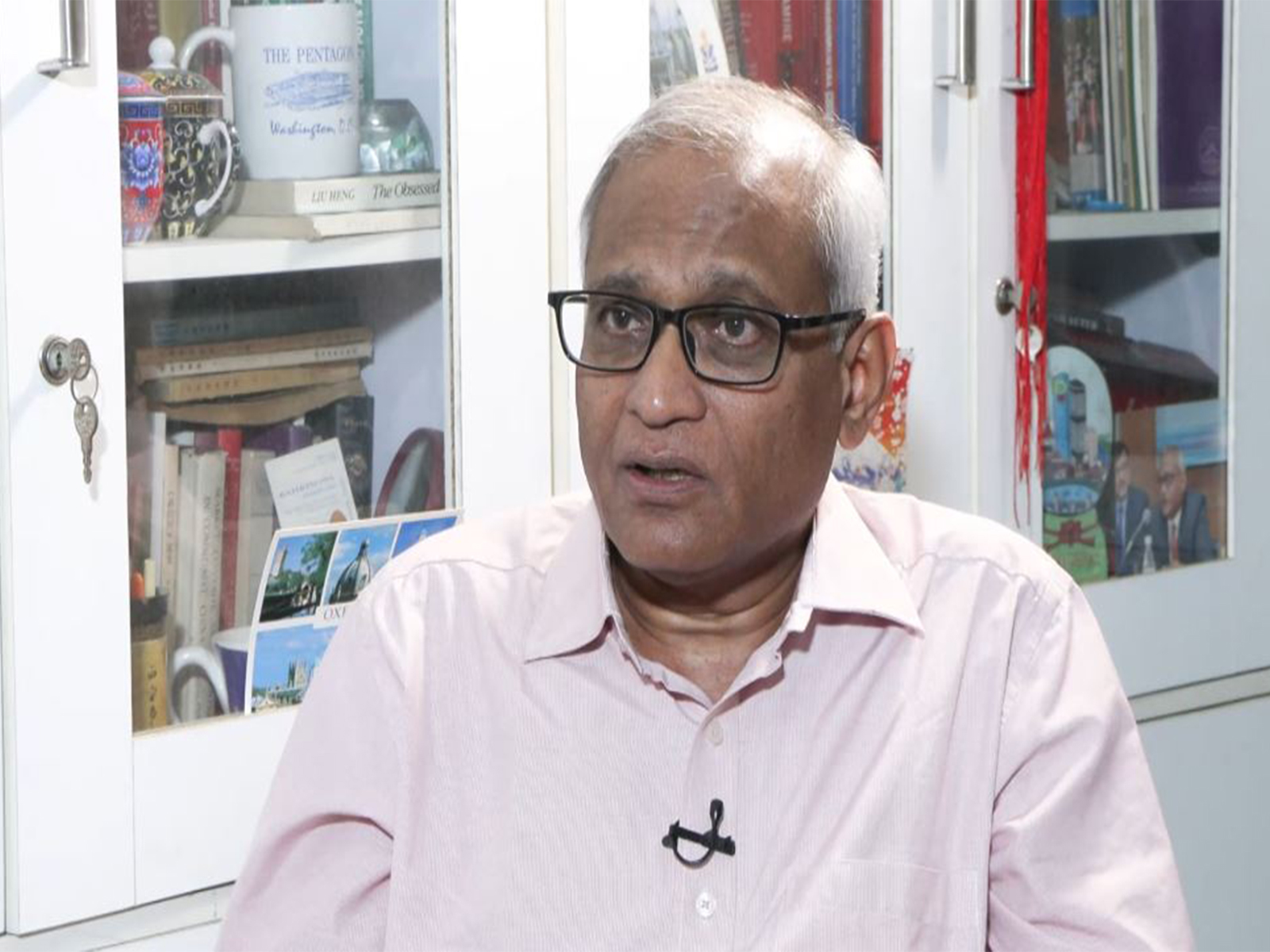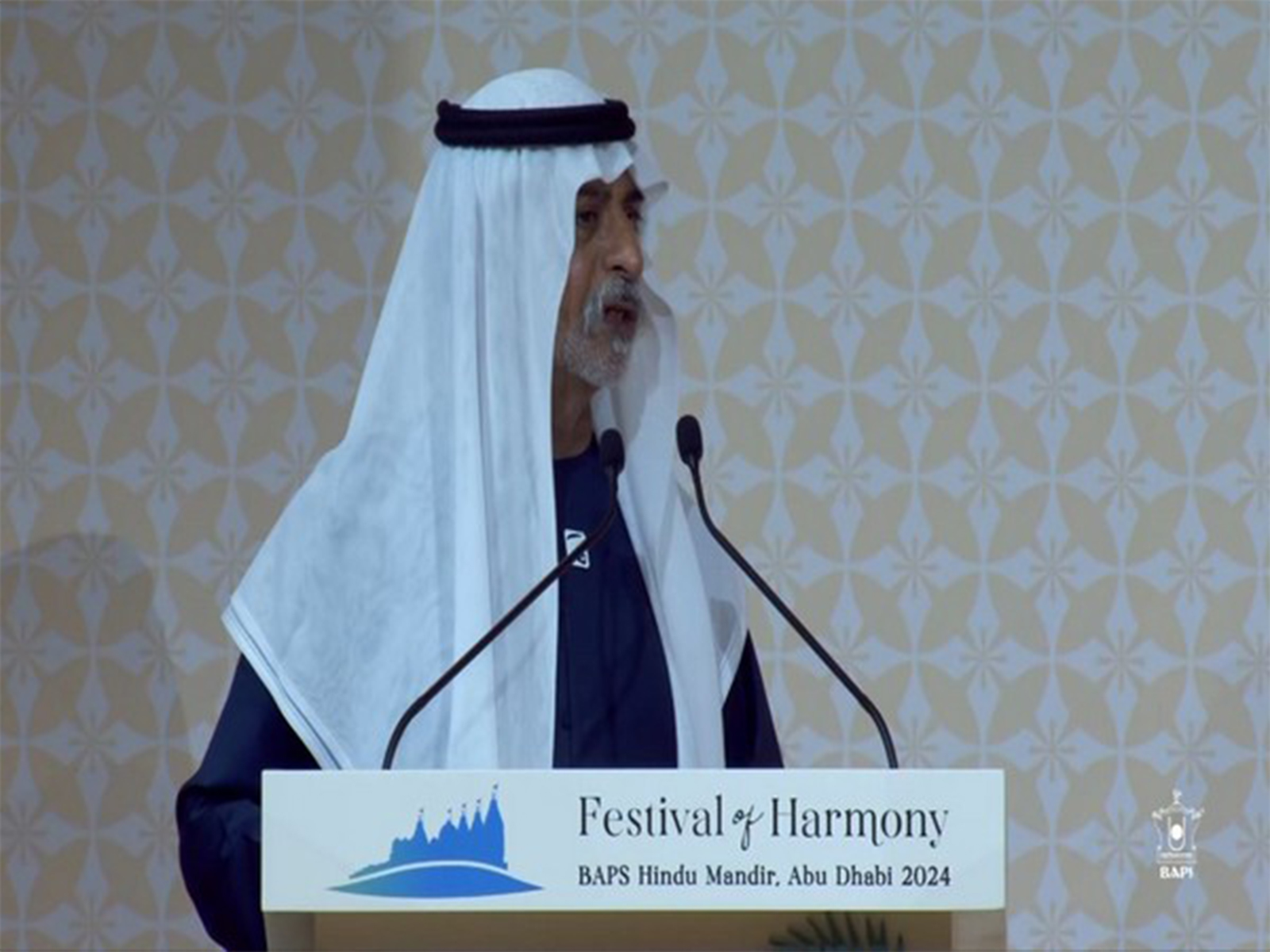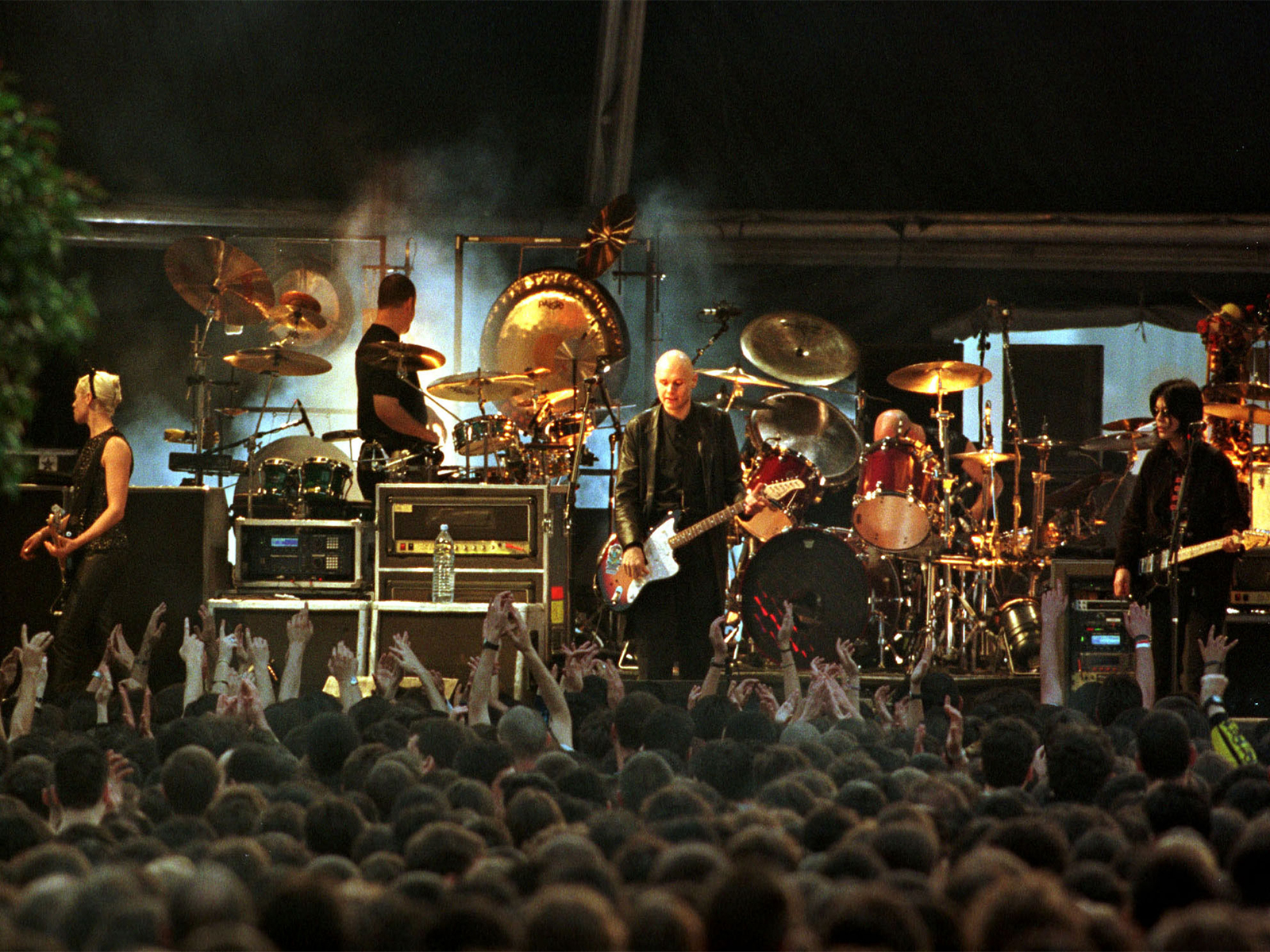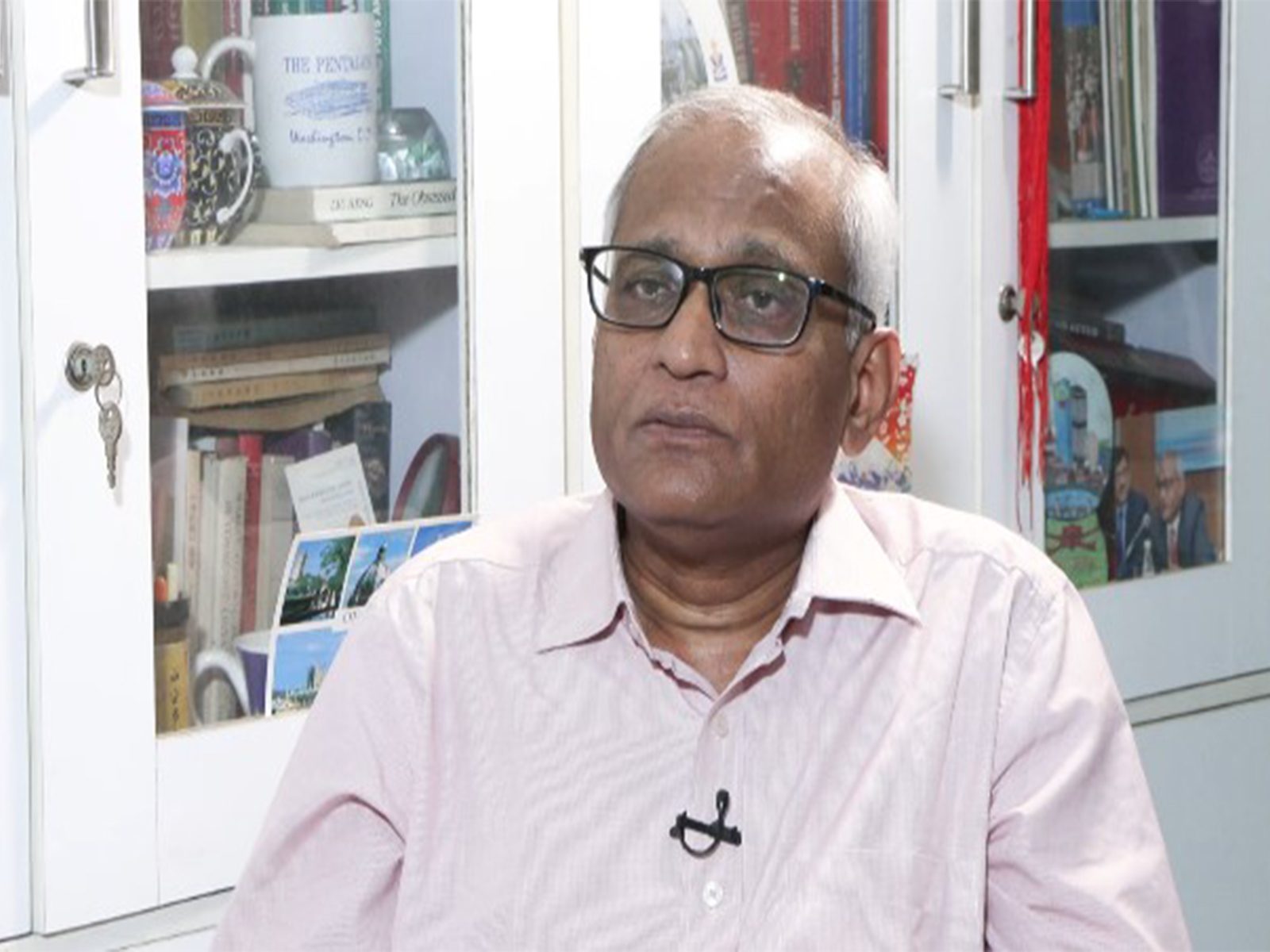
Trump's tariffs on India probably done for egoistic reasons: JNU's Chinese studies expert says
Oct 04, 2025
New Delhi [India], October 4 : US President Donald Trump imposing tariffs on Indian goods was probably due to "egoistic reasons", while the main issue has always been China challenging the United States' global hegemony, suggested Jawaharlal Nehru University (JNU) Professor and Chinese studies expert Srikanth Kondapalli on Saturday.
"If Trump's ire is on the trade surpluses, it should actually be directed at China, not at India. India is a sideshow for all these, and it probably got activated due to personal egoistic reasons, on the Nobel Prize or the ceasefire. So we were in a very strange situation", the professor told ANI in an exclusive interview.
Talking about US-China relations, he mentioned that the "structural problem" between the two countries has been China challenging US as a global hegemon, and suggested that even if both countries reach a trade agreement, there is bipartisan consensus in US in seeing China as a "strategic competitor".
"This is a rub between US and China. This is the structural problem between China and US. I do not think the tariff issue or other issues are the main, it is about China challenging US as the global hegemon. That has led to all of these issues. I think this going to be more long term rather than short term. Even if there is a trade agreement....it is a bipartisan consensus within United States on China as a strategic competitor", the JNU professor told ANI in an exclusive interview.
The professor of Centre for East Asian Studies, School of International Studies, JNU said that if trade deficit really was concerning for President Trump, he should have targeted the nearly USD 7 trillion deficit US has with China, in comparison to only a USD 270 billion deficit between India and US.
"The whole issue of tariffs is because of China. Mexico, Canada were also marginal actors. India is a marginal actor. The total trade deficit between the US and China is 6.9 trillion dollars in favour of China. The total trade deficit between India and the US in the last 20 years is 270 billion dollars compared to nearly 7 trillion dollar trade deficit", the professor said.
From October 1, the United States imposed a 100 per cent tariff on branded and patented pharmaceutical products, unless the manufacturing companies are building production facilities in the United States.
Earlier, the US imposed cumulative 50 per cent tariff on India, with 25 per cent of it being a "penalty" for buying Russian oil amid the Russia-Ukraine war.
The announcement on pharmaceutical tariffs was part of a broader set of trade measures unveiled by the US President. He also announced sweeping tariffs on various household products, including imported kitchen cabinets and certain kinds of furniture--categories that have already seen prices surge in recent months. The Indian pharmaceutical sector supplies over 50 per cent of global demand for various vaccines, 40 per cent of generic demand in the US and 25 per cent of all medicines in the UK. India's annual drug and pharmaceutical exports touched a record USD 30 billion in FY25, bolstered by a 31 per cent year-on-year surge in March.
According to a government release, drug and pharmaceutical exports increased by 6.94 per cent from USD 2.35 billion in August 2024 to USD 2.51 billion in August 2025 alone.
